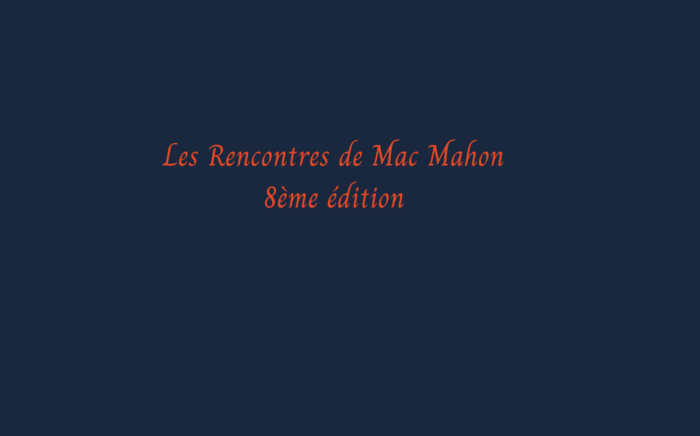
The French industry will not be uberized. The 4th industrial revolution has already begun. We are not facing a disruptive revolution as expected, but a gradual transition to new industrial processes and collaborative modes.
The trend is discrete yet deep. The digitalization of manufacturing tools is under way, accompanied by experts that are particularly agile and dynamic. Those experts are key in the hiring and retention plans. The industry of the future is taking shape, but not as we predicted.
Industrial companies are constantly improving their processes. They are starting to reap the benefits from digital transformation: efficiency, work time, security this raising awareness pushes traditional businesses to reinforce themselves by internally relying on new competencies.
New digital expertise interactivity
Competences (data analysis, IoT architects, security experts) are reshaping the factory 4.0 by providing their expertise, and also their vision and practices. The collaborative mode has therefore become a must for industrial businesses. A different working approach, but that has quickly proven its efficiency. The interconnexions between the production tool and the information system also require the implication of new generation Program Directors. They not only provide broad technical competencies, but also have the communication skills needed to lead the change.
The hindrances to transformation:
Even though the French industry no longer needs to prove its maturity, it must nonetheless still face the same obstacles: financial instability, difficulty justifying the return on investment, old equipment, and finally, lack of competences.
It is this last point that stands out the most for industrial businesses. Yet we observe that the first results, in terms of the optimization of predictive maintenance, are reassuring and encouraging.
Dynamization of players:
Companies, on one hand, have the vital need for profiles that are able to support their strategic vision while structuring their teams and analyzing the medium and long-term repercussions.
Candidates, on the other hand, find sense in their implication and ground for action to develop their abilities to the highest level of their potential.
And after?
Once locked, these profiles will need to be regularly challenged having been aware beforehand, that the industrial time is not always adapted to their function.
The challenge for recruiters today, is therefore to accompany this cultural change.
And for the candidates to not be too impatient.





